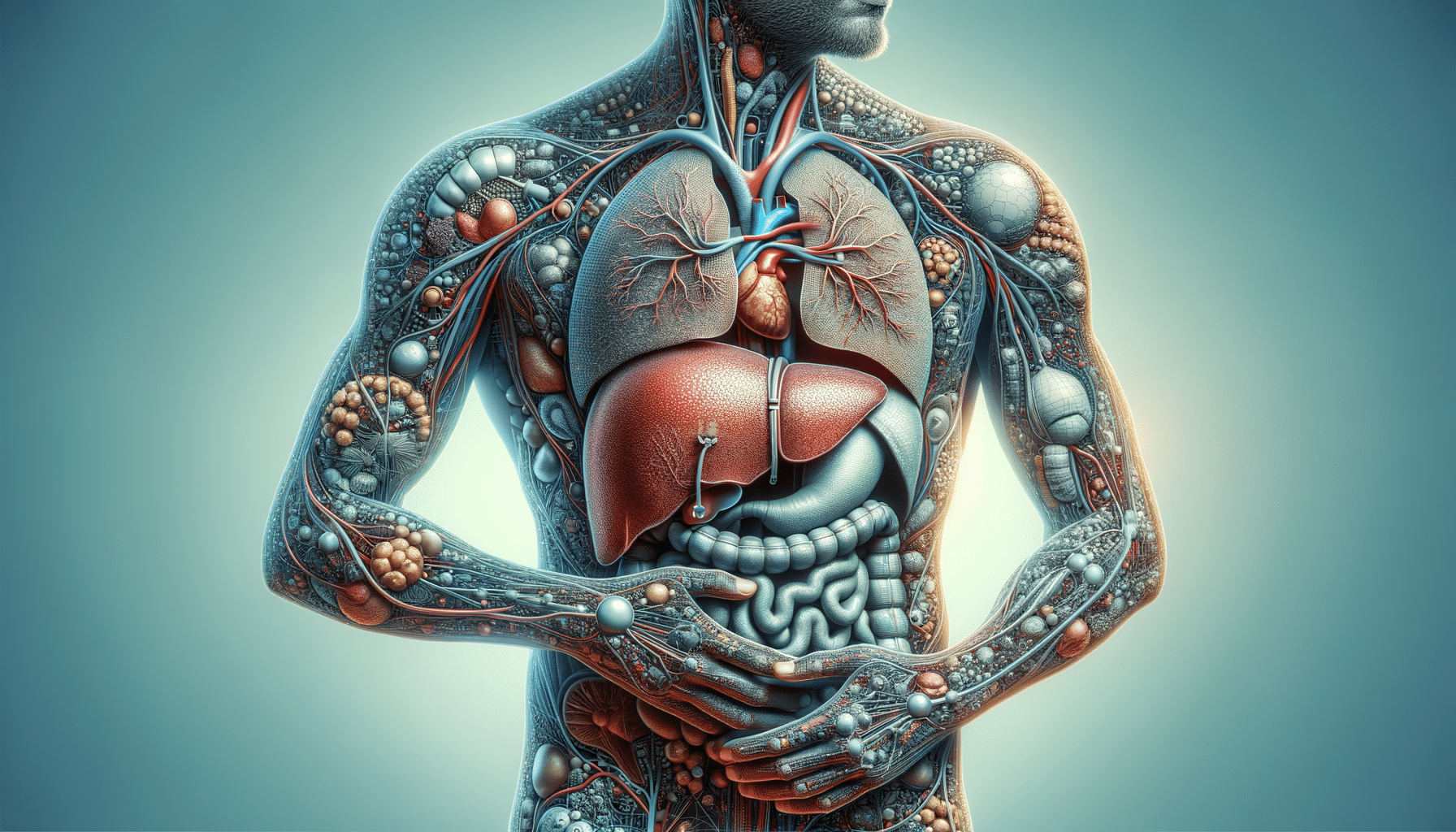Understanding the Liver’s Role in the Body
The liver is a vital organ responsible for numerous essential functions, including detoxification, protein synthesis, and the production of biochemicals necessary for digestion. It plays a critical role in regulating metabolism and storing nutrients, making it indispensable for overall health. When the liver is compromised, it can lead to a cascade of health issues, highlighting the importance of recognizing liver disease symptoms early.
The liver is unique in its ability to regenerate, but this does not mean it is invincible. Continuous exposure to harmful substances, such as alcohol or certain medications, can lead to liver damage. Understanding the liver’s functions can help individuals appreciate why symptoms of liver disease should not be ignored and why early detection can be crucial.
Some of the liver’s key functions include:
- Producing bile to help digest fats
- Storing glucose for energy
- Filtering toxins from the blood
- Regulating blood clotting
Given these critical roles, any disruption in liver function can manifest in various symptoms, which we will explore in the following sections.
Common Symptoms of Liver Disease
Liver disease can present with a range of symptoms, some of which may be subtle and easily overlooked. Common symptoms include fatigue, jaundice (yellowing of the skin and eyes), and abdominal pain. Fatigue is often one of the earliest signs, as the liver’s diminished ability to process and store energy can lead to a feeling of constant tiredness.
Jaundice occurs when the liver fails to adequately process bilirubin, a byproduct of red blood cell breakdown. This leads to an accumulation of bilirubin in the blood, causing the skin and eyes to take on a yellowish hue. While jaundice is a more obvious symptom, it is not always present in the early stages of liver disease.
Other symptoms that may indicate liver disease include:
- Dark urine
- Pale stool color
- Swelling in the legs and ankles
- Itchy skin
- Nausea or vomiting
Recognizing these symptoms and seeking medical advice promptly can make a significant difference in managing liver health effectively.
How Symptoms Vary Among Individuals
The manifestation of liver disease symptoms can vary greatly among individuals, influenced by factors such as age, gender, lifestyle, and the underlying cause of liver damage. For instance, alcohol-related liver disease may present differently from hepatitis-induced liver damage. Understanding these variations is crucial for accurate diagnosis and treatment.
Some individuals may experience severe symptoms even in the early stages, while others may remain asymptomatic until the disease has progressed significantly. This variability can complicate diagnosis, as symptoms like fatigue and nausea are common to many other conditions. A thorough medical evaluation, including blood tests and imaging studies, is often necessary to confirm liver disease.
Additionally, genetic predispositions can affect how liver disease symptoms manifest. Some people may have a family history of liver conditions, increasing their risk and necessitating more vigilant monitoring for symptoms.
The Importance of Early Detection
Early detection of liver disease can significantly improve outcomes by allowing for timely intervention and treatment. Many liver conditions are manageable if caught early, preventing progression to more severe stages such as cirrhosis or liver failure.
Regular health check-ups and liver function tests are crucial, especially for individuals at higher risk due to lifestyle factors or family history. These tests can detect abnormalities in liver enzymes, which may indicate liver stress or damage before symptoms become apparent.
Preventive measures, such as maintaining a healthy diet, limiting alcohol intake, and avoiding unnecessary medications, can also play a vital role in protecting liver health. Educating oneself about the symptoms and risks of liver disease empowers individuals to take proactive steps in maintaining their health.
Conclusion: Taking Charge of Your Liver Health
Liver disease can be a silent threat, with symptoms that are easy to overlook or attribute to less serious conditions. By understanding the common symptoms and the importance of early detection, individuals can take proactive steps to safeguard their liver health. Regular medical check-ups, lifestyle modifications, and a keen awareness of one’s body are key components in the fight against liver disease.
Ultimately, being informed and attentive to the signs your body gives you can lead to better health outcomes and a greater quality of life. Remember, your liver is a powerhouse organ, and taking care of it should be a priority.




Leave a Reply